In recent years, NFTs (Non-Fungible Tokens) have become a significant part of the digital economy. These unique digital assets, stored on blockchain technology, have revolutionized the way we perceive and trade digital items, from art and music to virtual real estate and beyond. And that’s where the NFT marketplace comes in.
This article delves into the world of NFTs – exploring what they are, how NFT marketplaces function, the most renowned platforms, and the future of this innovative forefront.
You may also like: Top NFT Games in 2024
What is an NFT?
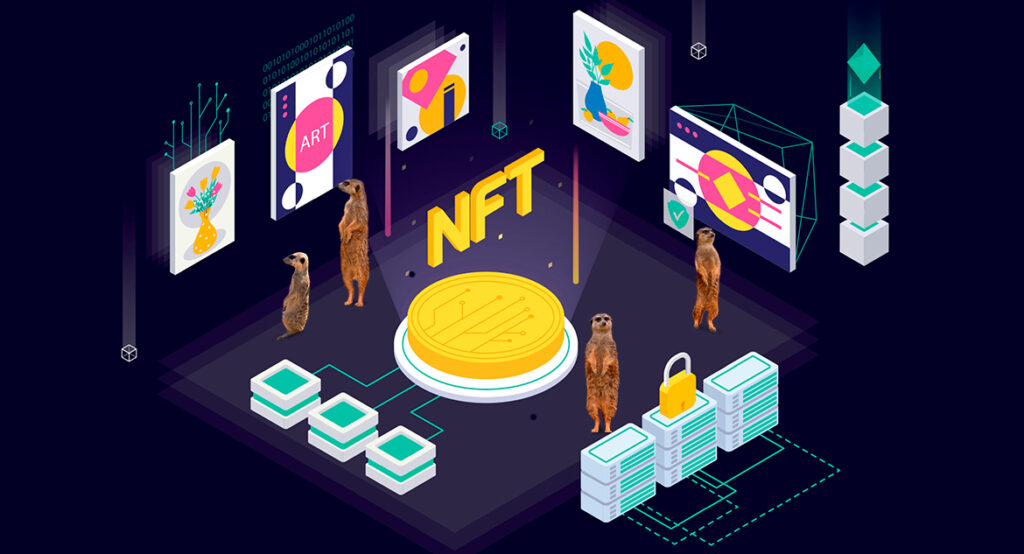
An NFT, or Non-Fungible Token, is a type of digital asset that represents ownership or proof of authenticity of a unique item or piece of content, stored on a blockchain. Unlike cryptocurrencies such as Bitcoin or Ethereum, which are fungible and can be exchanged on a one-to-one basis, NFTs are unique and cannot be exchanged like-for-like. Each NFT has distinct properties and values, often representing digital art, music, videos, or other digital collectibles.
The term NFT can be broken down as follows:
- Token: A unit of value issued on a blockchain, representing an asset.
- Non-Fungible: Indicates that the item is unique and cannot be replaced with something else.
NFTs act like digital certificates of authenticity and ownership for digital items. When someone buys one, they acquire the ownership rights to that digital item, which is then verified by the blockchain.
What is an NFT marketplace?
An NFT marketplace is a digital platform where users can create, buy, sell, and trade NFTs. These marketplaces function similarly to traditional online marketplaces but deal exclusively in digital assets. The primary difference lies in the currency used; transactions on NFT marketplaces are typically conducted using cryptocurrencies.
To engage with NFT marketplaces, users need a digital wallet compatible with the platform, such as Coinbase Wallet or MetaMask. These wallets store the cryptocurrencies needed for transactions and the NFTs themselves. Users must also have an account with a cryptocurrency exchange to convert fiat currency into digital currency.
Once equipped with a digital wallet and cryptocurrency, users can choose from various NFT marketplaces to start trading. It is important to note that most NFTs are limited to the blockchain they were created on. For example, an NFT created on the Ethereum blockchain can only be traded within that blockchain.
What are the most famous NFT Marketplaces?
Several NFT marketplaces have gained prominence due to their unique features, user base, and the type of NFTs they offer. Here are some of the most notable platforms:
OpenSea
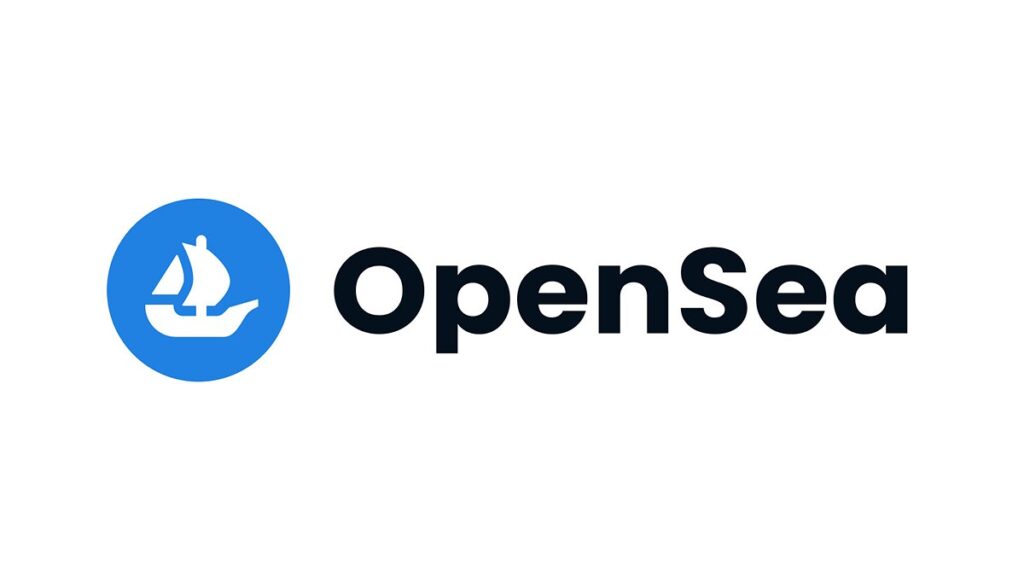
OpenSea, founded in 2017, is the largest and one of the earliest NFT marketplaces. It supports a vast array of digital assets, including art, domain names, virtual worlds, and trading cards. OpenSea operates on the Ethereum blockchain and has a feature called “lazy minting,” allowing users to create NFTs without upfront gas fees until a purchase is made. This platform charges a 2.5% transaction fee and offers payment options in both cryptocurrency and credit card through MoonPay.
Coinbase NFT
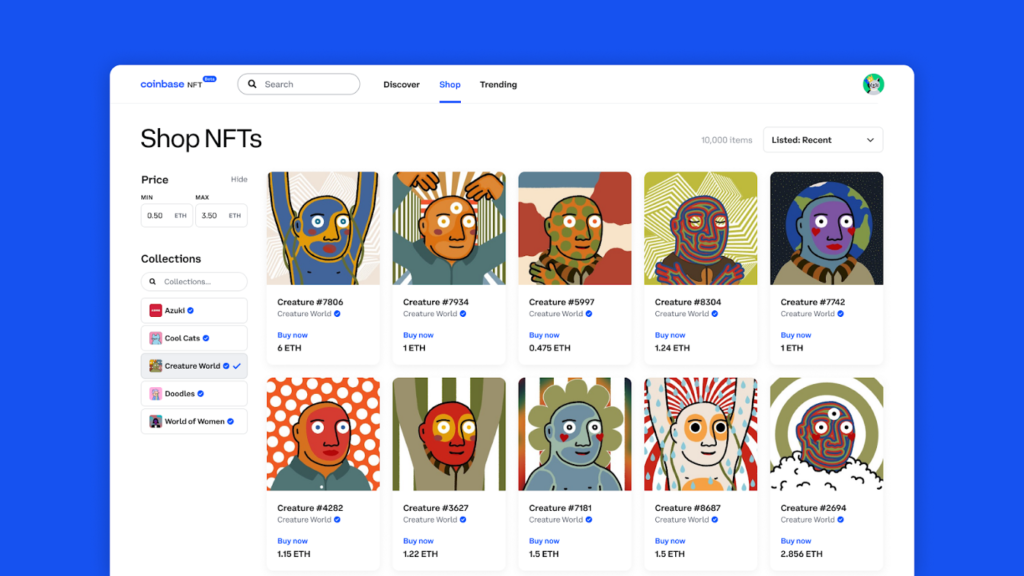
Coinbase, a leading cryptocurrency exchange in the US, launched its NFT marketplace in 2021. Although still in its beta phase, it has already attracted significant attention due to Coinbase’s reputation. The platform currently supports buying NFTs with cryptocurrencies and credit/debit cards, thanks to a partnership with Mastercard. While minting features are not yet available, Coinbase NFT is expected to become a major player in the market.
Binance NFT
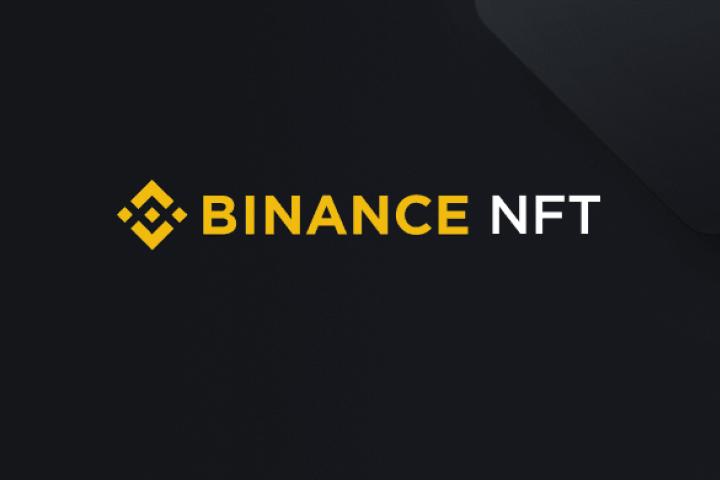
Binance NFT is an MFT marketplace operated by Binance, the largest cryptocurrency exchange globally. This marketplace uses the Binance Smart Chain (BSC) but supports multi-chain transactions, allowing NFTs to be transferred between BSC and Ethereum. It offers low transaction fees and has gained popularity for its ease of use and integration with Binance’s extensive ecosystem.
Mintable
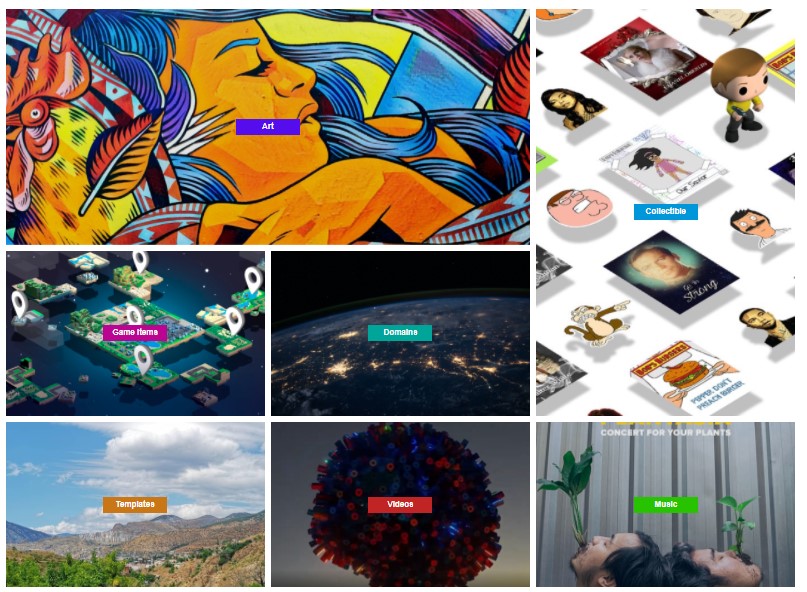
Mintable is an MFT marketplace known for hosting high-profile auctions and celebrity tokens. It supports NFTs on Ethereum and Ziliqa blockchains and is committed to environmental sustainability. Mintable allows users to mint NFTs with zero upfront gas fees through “lazy minting.” The platform charges transaction fees ranging from 2.5% to 10%.
Enjin
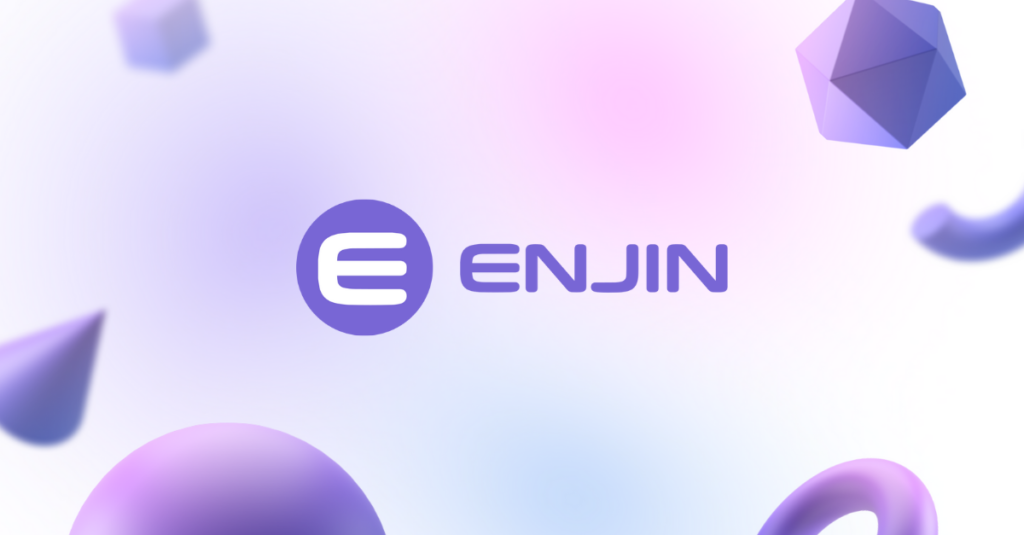
Enjin focuses on NFTs related to gaming, creating virtual items and environments. It uses a blockchain called JumpNet, based on Ethereum, and operates with its token, ENJ. Enjin’s network is popular among gaming companies and has regulatory approval in Japan. It aims to integrate NFTs into the broader gaming ecosystem and the Metaverse.
Rarible
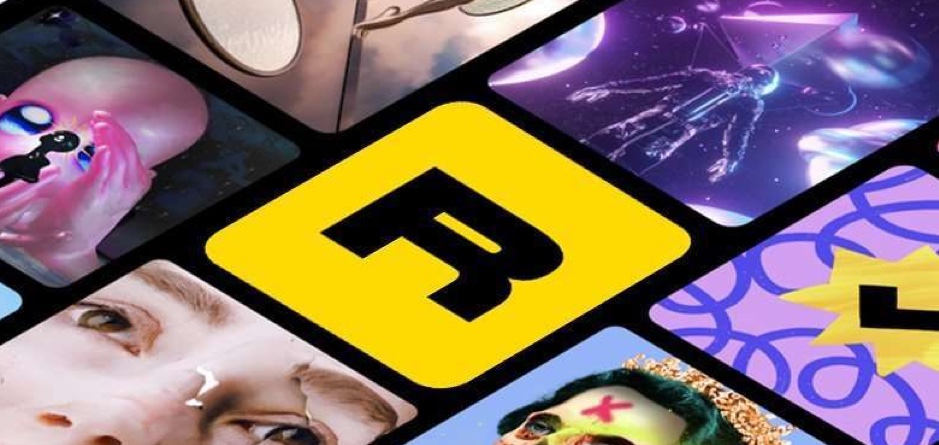
Rarible emphasizes the security and authenticity of NFT transactions. It partners with Adobe to offer verification tools and provides RARI tokens to active users. These tokens grant voting rights on platform decisions, promoting a decentralized governance model. Rarible supports the Ethereum blockchain and offers lazy minting for creators.
Nifty Gateway

Nifty Gateway is an NFT marketplace that specializes in high-quality digital art and curated collections. It features a rigorous artist selection process and offers resale royalties, allowing creators to earn from secondary market sales. The platform supports transactions in cryptocurrency and credit cards (for US residents) and charges a 15% transaction fee.
The future of NFT marketplaces
The future of NFT marketplaces looks promising, with continuous innovation and adoption across various sectors. Several trends and developments are shaping the landscape:
Increased adoption and integration
As NFTs gain popularity, more industries are exploring their potential. Gaming, music, fashion, and real estate are just a few sectors integrating NFTs to enhance user experiences and create new revenue streams. Marketplaces are likely to see increased adoption as more people recognize the value and utility of digital ownership.
Interoperability and cross-chain transactions
Interoperability between different blockchains is a key area of development. Currently, most NFTs are restricted to the blockchain they were created on, but advancements in cross-chain technology will enable seamless transactions across multiple networks. This will increase liquidity and broaden the market for NFTs.
Enhanced security and authenticity
Security and authenticity remain critical concerns in the NFT space. Marketplaces are investing in advanced verification tools and partnerships, like Rarible’s collaboration with Adobe, to ensure the integrity of transactions. These measures will build trust and attract more users to NFT marketplaces.
Environmental sustainability
The environmental impact of blockchain technology, particularly in terms of energy consumption, is a growing concern. Marketplaces and blockchain networks are exploring solutions to reduce their carbon footprint. Projects like Mintable’s partnership with Ripple aim to promote carbon-neutral practices, ensuring the sustainability of the NFT ecosystem.
Regulatory developments
As the NFT market matures, regulatory frameworks are likely to evolve. Governments and regulatory bodies are beginning to address the legal and financial implications of NFTs. Clear regulations will provide a safer and more stable environment for both creators and investors.
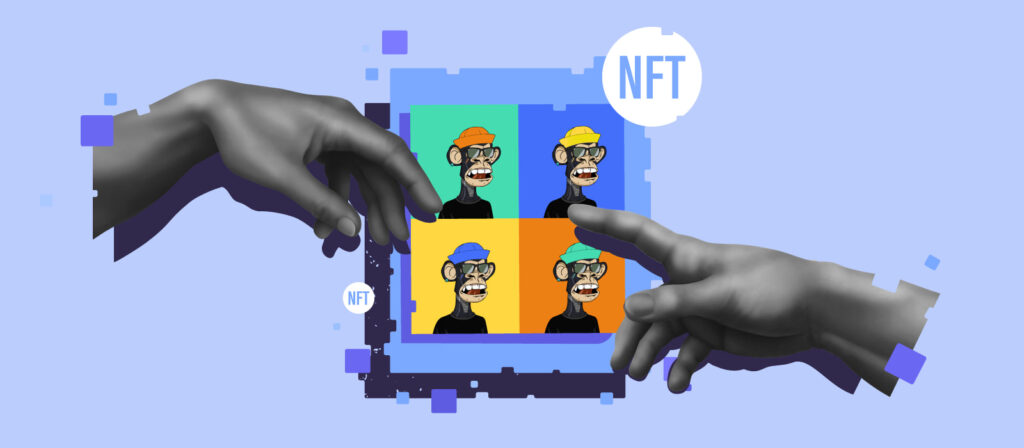
Conclusion
NFT marketplaces have transformed the digital landscape – offering unique opportunities for creators and collectors alike. Understanding how these platforms operate and the trends shaping their future is essential for anyone interested in the digital economy.
Do you love staying updated on technology and its latest developments? Are you passionate about the digital world and gaming? Then follow the Main Leaf blog! Here, we provide regular updates that will keep you informed and excited about all things tech and gaming. Stay tuned and never miss out!

